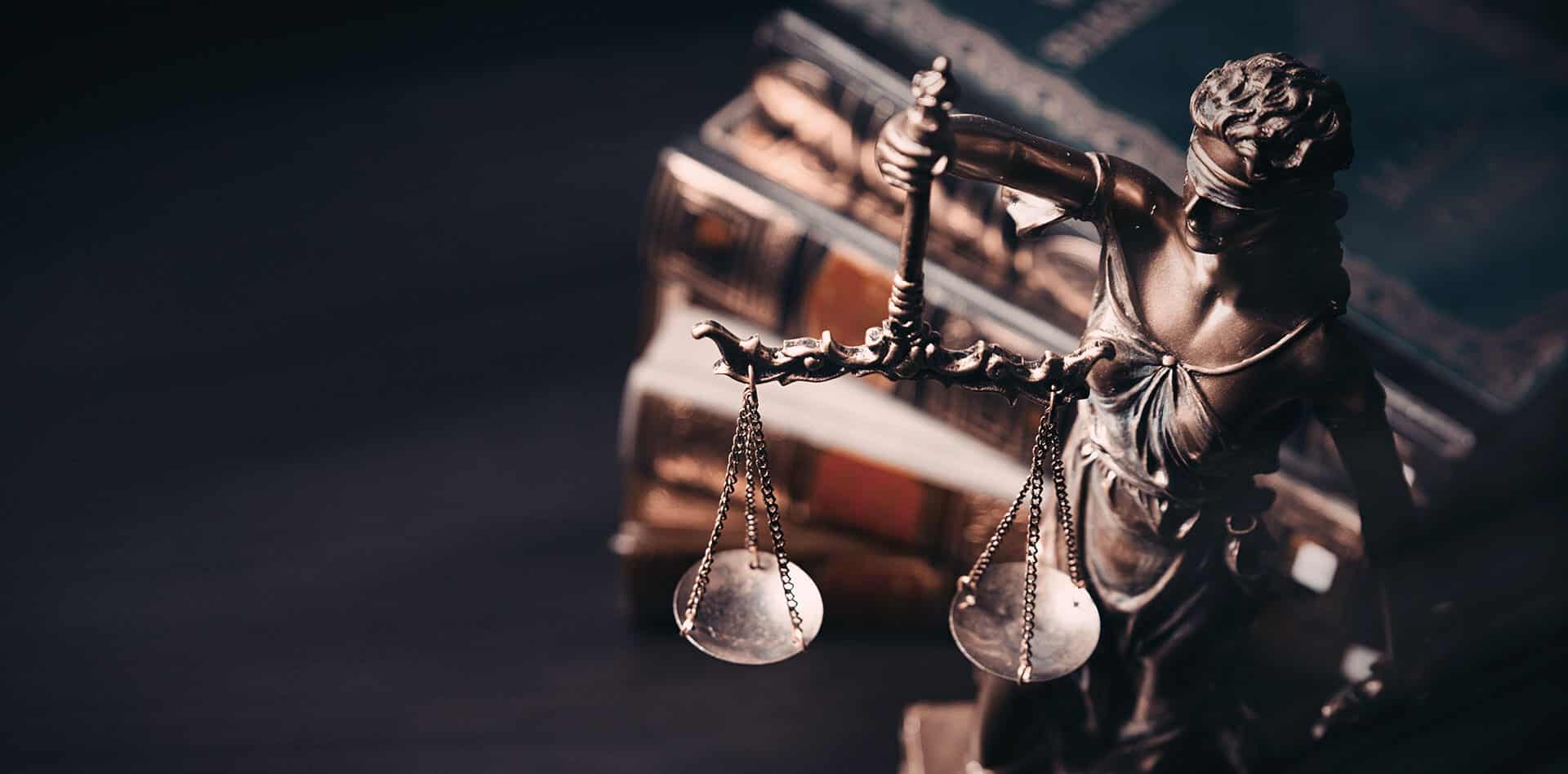Get Your 100% Free
Debt Relief Consult
Federal Student Loan Relief Due to Fraud

The national student debt has become one of the most pressing economic issues of our time. Reaching almost $1 trillion, the amount of student debt in America will continue to increase as colleges continually raise their tuitions, and more and more people go to college. The sad reality is that many people struggle to pay back their loans after school. Fortunately, some students can avoid paying back the full amount of their student loans if they qualify for forgiveness. But the rules surrounding loan forgiveness are constantly changing, making this remedy hard to understand.
There are also instances where a university misled you, which may allow you to seek relief from any federal loans you took out as a result of their deception. Student loan forgiveness on the basis of fraud can be complicated and for further information, contact a knowledgeable consumer law attorney. In Ohio, contact Luftman, Heck & Associates online or at (888) 726-03181 for a free consultation.
What Is Student Loan Forgiveness?
First of all, student loan forgiveness only applies to federal student loans that were taken out in the student’s own name. Second, there are only three ways to obtain student loan forgiveness:
- Working in the nonprofit sector and making payments for 10 years–This option requires you to make 120 consecutive qualifying payments towards your loans while working full time for a public or non-profit entity.
- Making regular and on-time payments for 25 years–Authorized in 2007, the earliest beneficiaries of this remedy will be able to take advantage of it in 2032.
- Demonstrating that you were the victim of fraud–This remedy is available only under the narrow circumstances discussed below
The exact requirements for each path to federal student loan forgiveness are complex. Furthermore, they may be subject to change. The Trump administration and the Republican-controlled legislature have proposed eliminating public service loan forgiveness altogether, and making loans forgivable after 20 years of regular, qualifying payments–regardless of your employment. Democrats too have sought to reduce the amount of loan forgiveness available to students, with the Obama administration at one point proposing a $56,000 cap. For now, none of these proposed changes have become law.
How Do I Get my Loans Forgiven Because of Fraud?
You may be able to get your loans forgiven under the borrower defense to repayment program, which is often called borrower defense. To qualify, you must be able to show the Department of Education that all of the following apply to your case:
- You have a federal student loan
- The school you attended misled you or engaged in misconduct
- The school’s actions were in violation of state law
- The misconduct or misleading related directly to your education or student loans
For example, you may qualify for borrower defense if you took out federal student loans to attend a school that lied to you about the employment statistics of its graduates. On the other hand, you will not qualify if the school you attended took an illegal action not related directly to your education or loans. A personal injury or sexual harassment claim against the school, for example, would not be the proper basis of a successful borrower defense application.
The application for borrower defense must be submitted to the Department of Education, which includes more details on the application process on its website. To prove the school’s misdeeds, you should include promotional materials and emails with the school’s officials. If your application is approved, all of the loans you took out for the offending school will be canceled, and you will be reimbursed the amounts you already paid.
The Clock is Ticking on Borrower Defense Applications
Initially proposed by the Obama administration in late 2016, the borrower defense rules did not take effect until recently. The rules were immediately challenged by a lawsuit from private, for-profit universities, but a U.S. District Court ruled in October of 2018 for the rules to be applied. However, the Trump administration has its own plans for borrower defense, which will be included in pending regulations that are expected to be released in 2019 or 2020. These rules will likely make the process of recovering money more difficult.
For this reason, you should speak to an Ohio debt lawyer as soon as possible if you think the borrower defense to repayment program might apply to you. An experienced legal professional can assist you with the process, ensure that your application is convincing, and advocate on your behalf should your application run into trouble.
For more information about student loan forgiveness for victims of fraud, call Luftman, Heck & Associates today at (888) 726-03181 for a free consultation.
